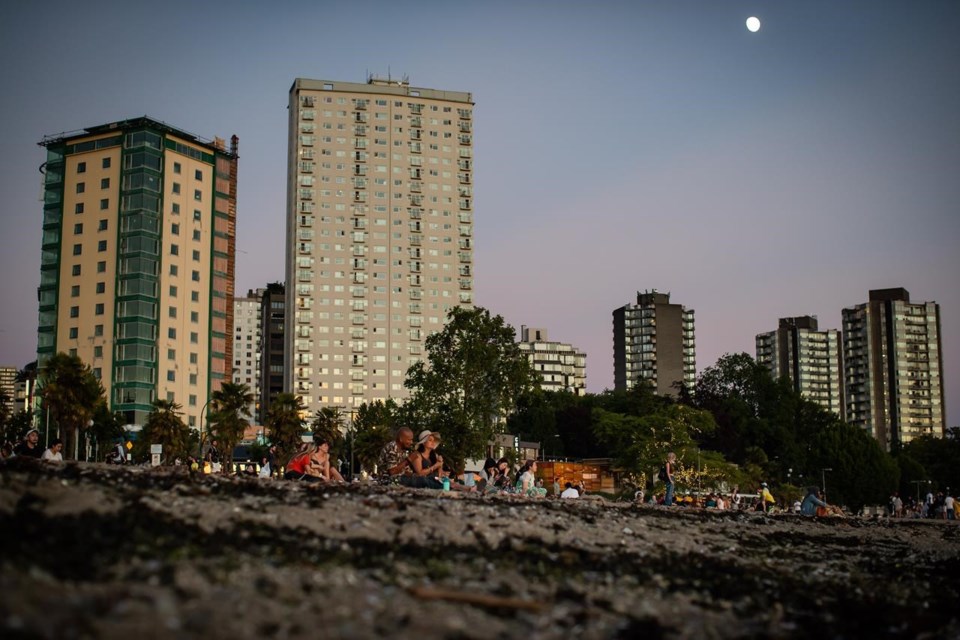VICTORIA — The BC Coroners Service has released updated figures showing 595 people died in the province during extreme heat events over the summer.
That's an increase from the 569 deaths confirmed by the coroners service at the end of July.
A statement from the coroner and the Ministry of Public Safety said all the deaths are being investigated and reports on each fatality should be complete by early 2022.
Chief coroner Lisa Lapointe said by identifying patterns and factors in each of the deaths, the province will be "in a better position to prevent future similar tragedies."
The release said 526 of the deaths occurred between June 25 and July 1, when a heat dome caused record-breaking temperatures over most of the province, including the all-time highest temperature in Canada.
The coroner says 131 people died on June 28, while there 231 deaths on June 29, the same day the mercury reached the Canadian high of 49.6 C in Lytton, the day before a wildfire destroyed that village.
Health Minister Adrian Dix said Monday there were 2,000 ambulance dispatches on June 28, the highest-ever one-day total.
"The efforts of everyone in the health-care system to respond to the heat wave, especially those in front-line health and those in public health, were remarkable, but the impacts ... as we see by today's report were tragic and the loss of life devastating."
Dix said lessons need to be learned from what happened. A death-review panel is expected to provide recommendations to the coroner and government next spring.
Lapointe said she expects the findings of the review will increase public safety, but everyone must begin to prepare for future extreme weather events.
"Having a plan to regularly check in with loved ones who live alone, being aware of cooler and air-conditioned areas in your neighbourhood, and heeding early warnings about extreme weather are simple steps that will help ensure we are all properly prepared and safe," Lapointe says in the statement.
Dix said the government is already working to strengthen ambulance service to ensure it's faster and a better place to work.
He said the budget for the service has gone from $424 million to $559 million since 2017.
The service has hired hundreds of paramedics and dispatchers and purchased dozens of ambulances, Dix said.
This report by The Canadian Press was first published Nov. 1, 2021.
The Canadian Press



